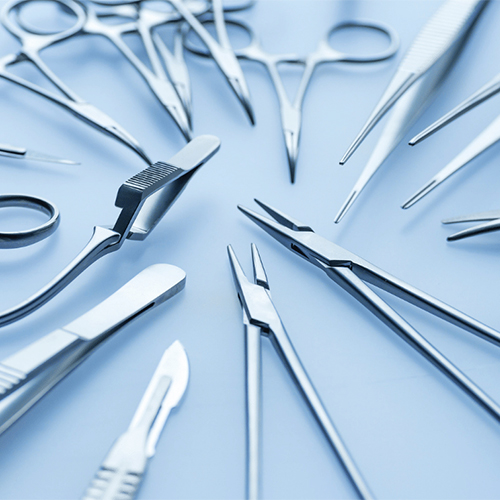As of 2017, the Medical Device Directive (MDD), which has been in place since 2002, has been repealed by the EU Medical Device Regulation (EU-MDR), which will ultimately replace it in 2024. As a result, it is fortunate that Med Miles is prepared to make this switchover to the MDR as soon as it becomes effective. An MDR transition program has been in place within the organisation since July 2020 to ensure compliance with the MDR regulations. Med Miles will become EMDR-certified within the next year for all classes of medical devices to remain on the market even after 2024 when it takes effect.
We stand ready for MDR compliance at Med Miles.
With the upcoming 2024 implementation of the new Medical Device Regulation (MDR), we have taken proactive measures to align with the impending changes. The anticipated impact of these regulations is especially significant for Class IIa medical devices, encompassing categories such as invasive and electrical devices.

Our readiness for the forthcoming 2024 Medical Device Regulation (MDR) positions us as a reliable partner in navigating through the evolving landscape. We are well-prepared to address the implications on Class IIa medical devices, particularly those falling under the categories of invasive and electrical devices.
In light of our role as suppliers of surgical instruments to the medical community, we have embraced these regulatory changes to ensure a continuous supply of top-notch products. Our diverse portfolio, born from a distinctive blend of expertise, provides you with the flexibility needed in today’s dynamic global market. Despite the challenging economic climate, our commitment remains unwavering as we closely collaborate with partners to deliver innovative solutions that enhance compliance and reduce costs.
Med Miles
Acknowledging the 2017 announcement by the European Commission (EC) regarding the implementation of a Single Regulatory Document (SRD) for all Class IIa devices, we recognize the necessity to prepare for this imminent regulatory framework.

Classification of MDR medical Devices
| Class | Examples of Devices | Description |
|---|---|---|
| Class 1 | Bandages, stethoscopes, eyeglasses, and other medical devices used to treat patients. | Class I devices are considered low-risk and are subject to general controls. They are non-invasive and do not pose a significant risk to patients. Kummas Instruments ensures complete product identification and traceability through UDI Codes and ISO 15223-1 labels. |
| Subclassifications: Is (sterile condition), Im (measuring function), Ir (reusable surgical) | Subclassifications within Class I further categorize devices based on specific characteristics such as sterility, measuring function, and reusability. | |
| Class IIA | Hearing aids, catheters, short-term contact lenses. | Class IIA devices are of moderate risk and require a higher level of regulation compared to Class I. |
| Class IIB | Forceps, scissors, scalpels, ventilators, insulin pens, long-term contact lenses, incubators, forceps. | Class IIB devices pose a higher level of risk than Class I and IIA devices. They require a more rigorous assessment and conformity assessment procedure. |